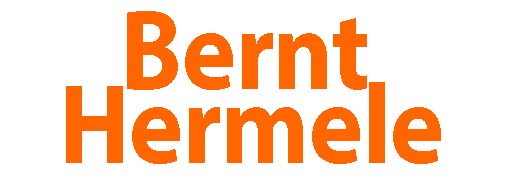
For 21 years, after the killing of my mother by a palestinian suicide bomber, I have tried to fix what can´t be fixed. After the murder I numbed within, it was like living on the bottom of a well, quiet and dark and with a heavy rock firmly placed on the manhole cover.
Three years to day after the murder of my mother, in 2005, I had the idea to make the TV-documentary “My mother was killed by a suicide bomber”. In it I met with the father and the suicide bomber. I thought maybe he and I could come to an understanding, me losing a mother and he a son. I thought that maybe now my period of grieving was over. Perhaps now I was ready to move on, to mend what had not been mended. But the work with the documentary did not offer any relief or reconciliation, I was left on the bottom of the well.
For the past six years I have collected close to 300 stories from people that survived the Holocaust and the Nakba. They are often cruel stories but here you can also find stories of forgivness and friendship.
I listened to Hanna Dahlgren, a Auschwitz survivor asking her when she hade felt like a human being again. Her answer:
”It is not a point that is and survives, it is a platform that grows and grows. I receive gifts of kindness. I already had my human value while I was born as a human being. For me that is in a way enough of a defense.
Assad Ammiya, born i Palestine, told me about friendship:
“When I was 13 I started working at a café and became friends with Johanan. One day he was run over by a British military jeep. He was taken to the hospital but died four days later.
I wanted to attend his funeral, but I did not have anything to cover my head so I stood by the entrance crying.
– Is he your brother? a man asked.
– No, he was my buddy, but he felt like a brother, I answered.
The man gave me a kippa with the Star of David, so I could approach the grave.”
My work documenting the stories of the Holocaust and the Nakba has given me some kind of solace, a coming to terms with my own story. After 21 years I was able to formulate these four sentences, that constitute the beginning of closure after the killing of my mother:
My mother, Perla Hermele, was born 1923 in Königsberg in the German provinvce of Ostpreussen. When the city 1946 became part of of the Soviet Union the name was changed to Kalingrad. She was killed 2002 in Netanya in Israel. Before 1948 it was called Umm Khalid and lay in Palestine.
(Thnx to Larry Farber with translation.)

